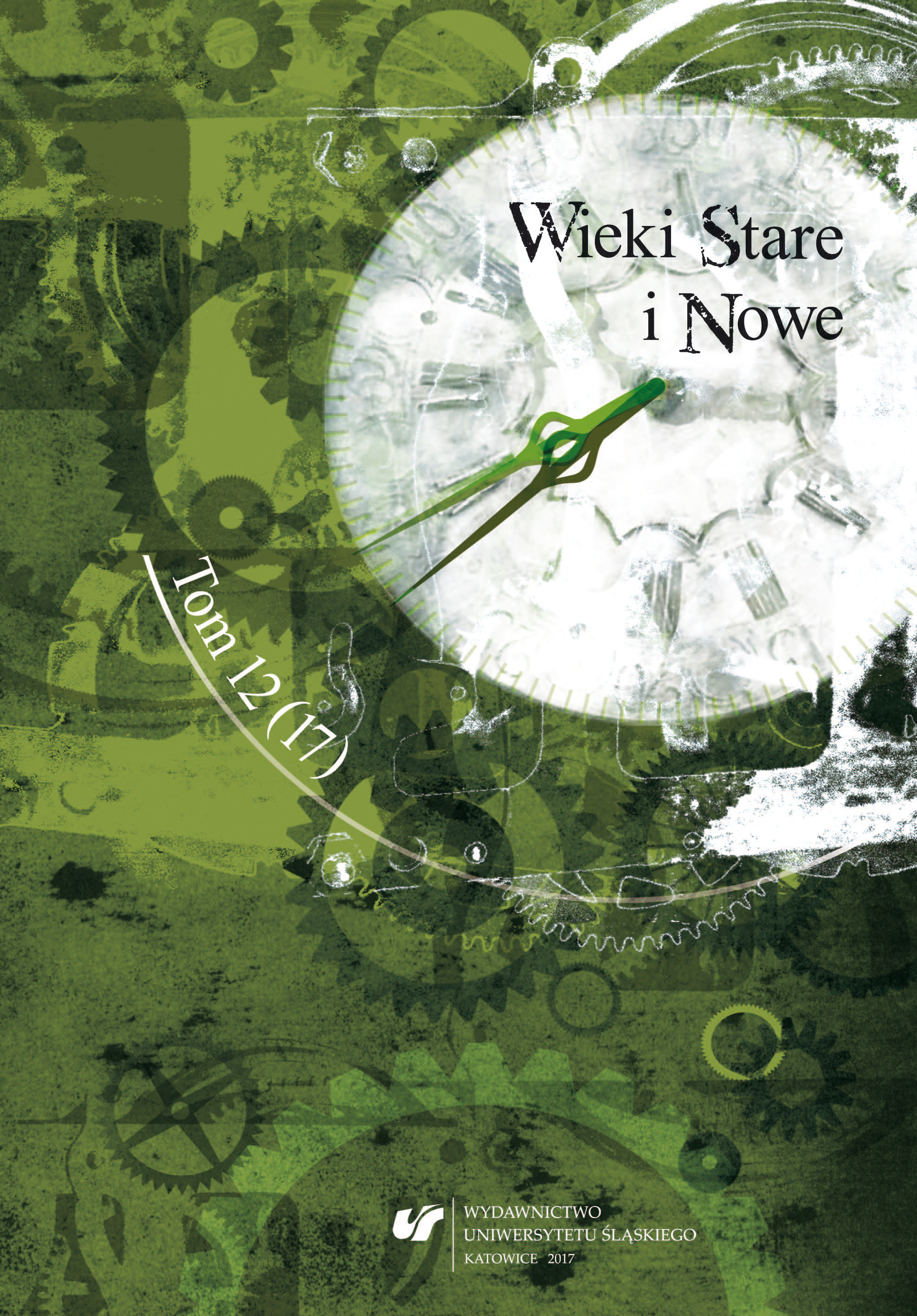Władze Królestwa Polskiego wobec paulinów polskich (1815—1864). Zarys problematyki
The Authorities of the Kingdom of Poland and Their Relationship with the Polish Order of Pauline Fathers (1815—1864). General Overview
Author(s): Jacek Antoni SzpakSubject(s): Political history, 19th Century
Published by: Wydawnictwo Uniwersytetu Śląskiego
Keywords: the history of the Pauline Fathers order; the Kingdom of Poland; Russian authorities and the Catholic Church
Summary/Abstract: In 1815—1864, the majority of the monasteries of the Pauline Fathers were located in the Kingdomof Poland (only the monastery in Skałka in Kraków was located outside of the Kingdom). There wasa degree of antipathy tinged with hostility among the authorities of the Kingdom of Poland with regardto contemplative orders, which were regarded by them as lacking any benefits for the rest of society.Moreover, a significant part of the Church hierarchy was opposed to this type of orders. However, thePauline Fathers ran parishes in their monasteries, which mitigated somewhat the hostility of the elitesof that time towards the order. In 1818, the Pauline Fathers lost their monastery in Wieluń, followedby seven other monasteries in 1819, which were closed down by the secular and Church authorities.In the following years, nonetheless, the order reclaimed their monastery in Wielgomłyny, and in 1869,after several years of concentrated efforts, the monastery in Brdów. The Pauline monasteries werecarefully controlled by the administrative and diocesan authorities. There were numerous conflictsregarding admittance to the order, as well as several instances of seizure of monastery documentation.Economic matters were also subject to state control.The Pauline Fathers played active parts in the November Uprising, donating to the uprisingauthorities and financing soldiers fighting in the uprising. The situation of the order deteriorated followingthe fall of the uprising and the introduction of the martial law by Nicholas I, which impededmobility between particular monasteries. In addition to that, the process of admittance as well aseconomic issues became subject to even stricter state control. The Pauline Fathers played an importantactive part in the events of the years 1861—1864. They organized numerous patriotic services andcongresses of the Church hierarchy. A few members of the order, moreover, functioned as chaplains forthe insurgents, while others were actively engaged in the conspiracy. There are also several documentedinstances of armed Pauline Fathers taking part in the fight. As retribution for their activities, in 1864the Russian authorities closed down all of their monasteries, barring the monastery in Częstochowa.
Journal: Wieki Stare i Nowe
- Issue Year: 17/2017
- Issue No: 12
- Page Range: 108-127
- Page Count: 20
- Language: Polish

